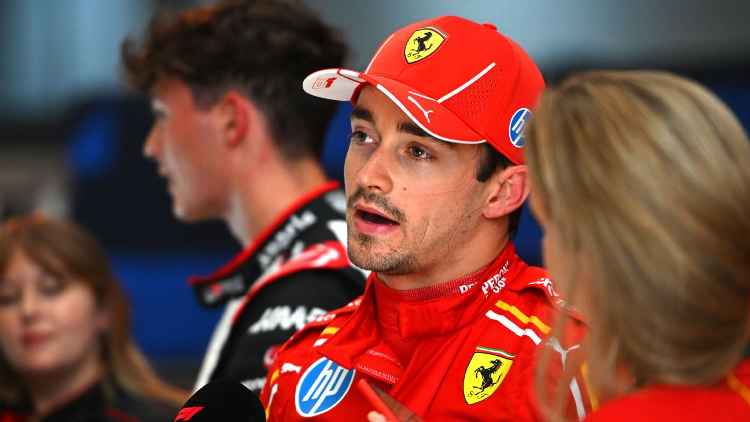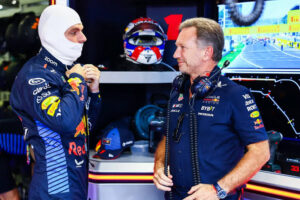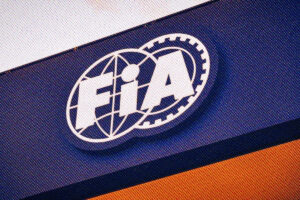Just In: Ferrari’s Charles Leclerc summoned to stewards over sw…read more

Ferrari’s Charles Leclerc summoned to stewards over sw…read more
Ferrari’s Charles Leclerc was called before the stewards over his choice of language during a post-race press conference at the Mexican Grand Prix. This occurred shortly after Max Verstappen received a penalty in the form of F1’s equivalent of community service for swearing at a press conference after the Singapore Grand Prix.
Leclerc’s incident took place while he was describing a tense moment in the race. He had almost lost control of his Ferrari and came close to surrendering second place to McLaren’s Lando Norris. Reflecting on the incident, he said, “I had one oversteer and then when I recovered from that oversteer, I had an oversteer from the other side and then I was like, ‘f—’.” Realizing his mistake, he quickly apologized, adding humorously, “Oh, sorry! Oh no, oh no! I don’t want to join Max!”
Despite his swift apology, the incident still led to his summons. He was set to meet with the stewards at the Brazilian Grand Prix on Friday evening after the sprint qualifying session.
This isn’t the first time a driver has faced consequences for using inappropriate language in F1 press interactions. Recently, Verstappen was penalized after he swore during his Singapore post-race interview. Reflecting on the sport’s rules around swearing, Verstappen has pointed out an inconsistency, questioning why Leclerc’s outburst was not initially addressed. “Apparently it only counts for me anyway, because, you know, after the race in Mexico, someone was swearing,” Verstappen said. “I didn’t hear anything from it. So, it’s better I don’t swear again.”
Leclerc’s reaction, as well as Verstappen’s criticism, bring renewed attention to F1’s approach to drivers’ language during press events. Although swearing might be seen as a momentary slip, F1 has emphasized professionalism and decorum for public appearances, especially with drivers often serving as role models to a global audience, including younger fans.
The repeated instances of such language have sparked discussion on how the sport handles penalties for such conduct. Verstappen’s comments suggest that drivers seek more consistency in the enforcement of these rules. Although the impact of Leclerc’s apology on the stewards’ decision remains uncertain, the situation underscores a need for clarity in F1’s disciplinary guidelines on drivers’ conduct during official events. This ongoing scrutiny signals F1’s aim to maintain a respectful and professional image, especially as the sport’s popularity continues to grow worldwide.





